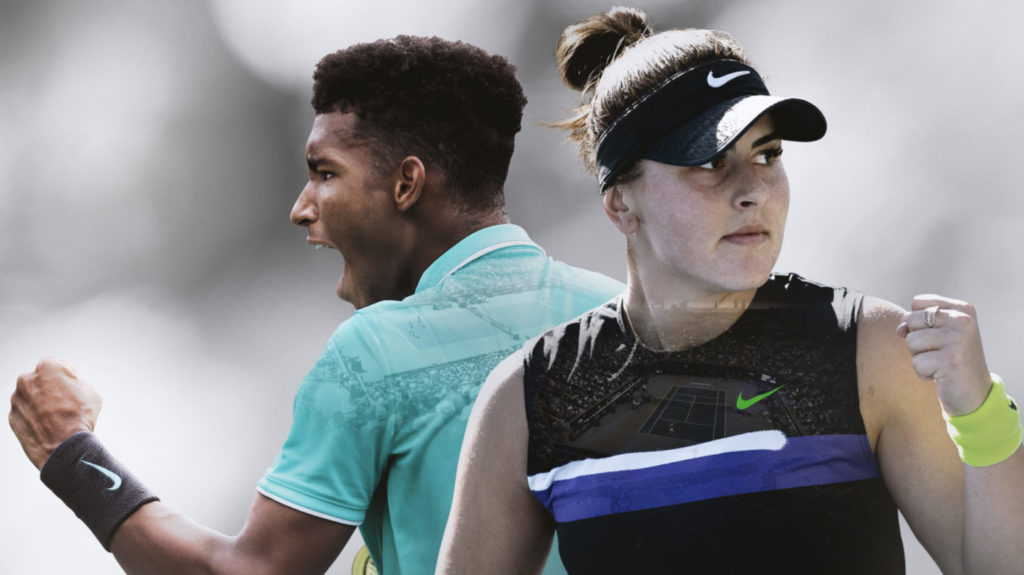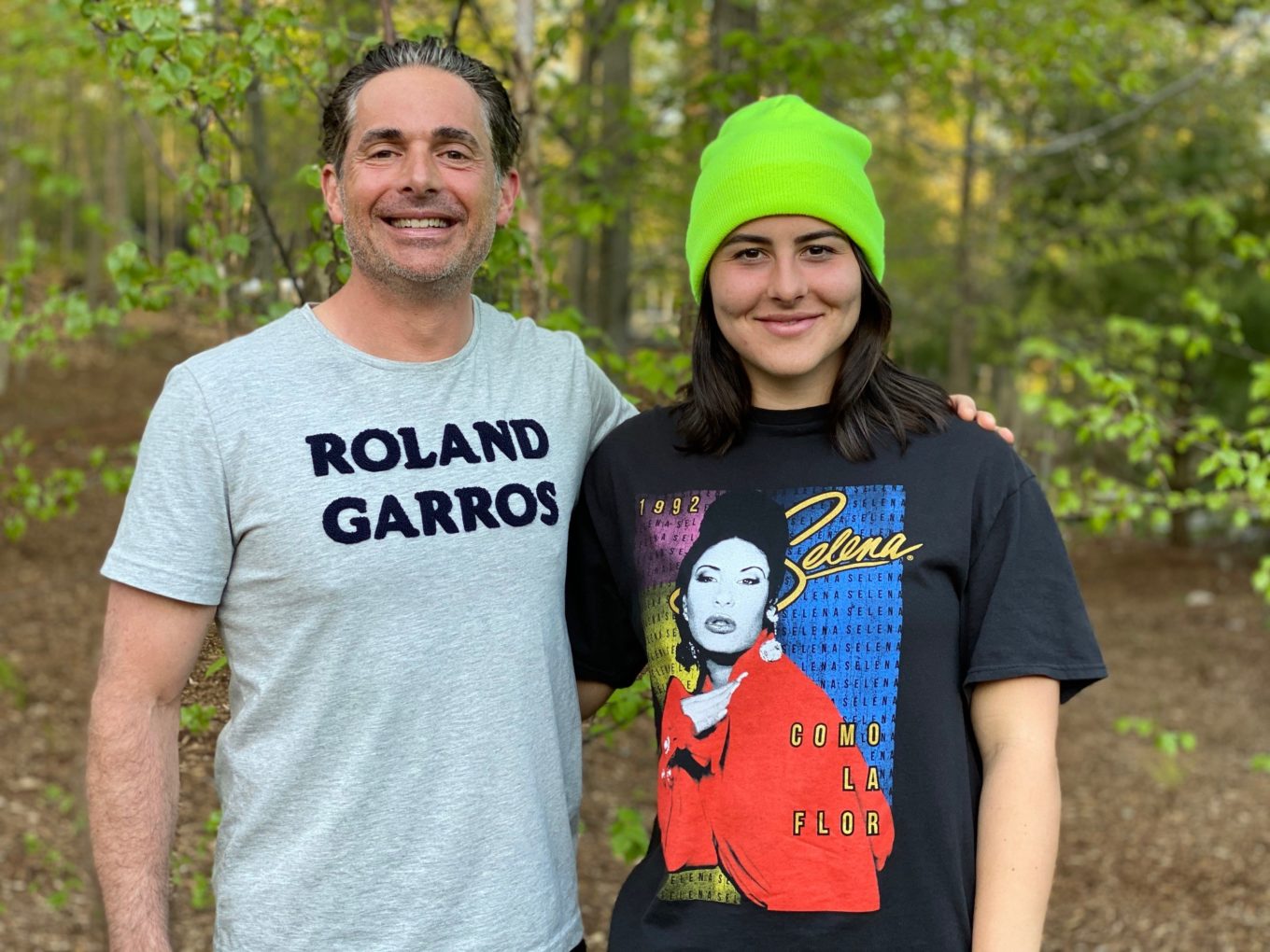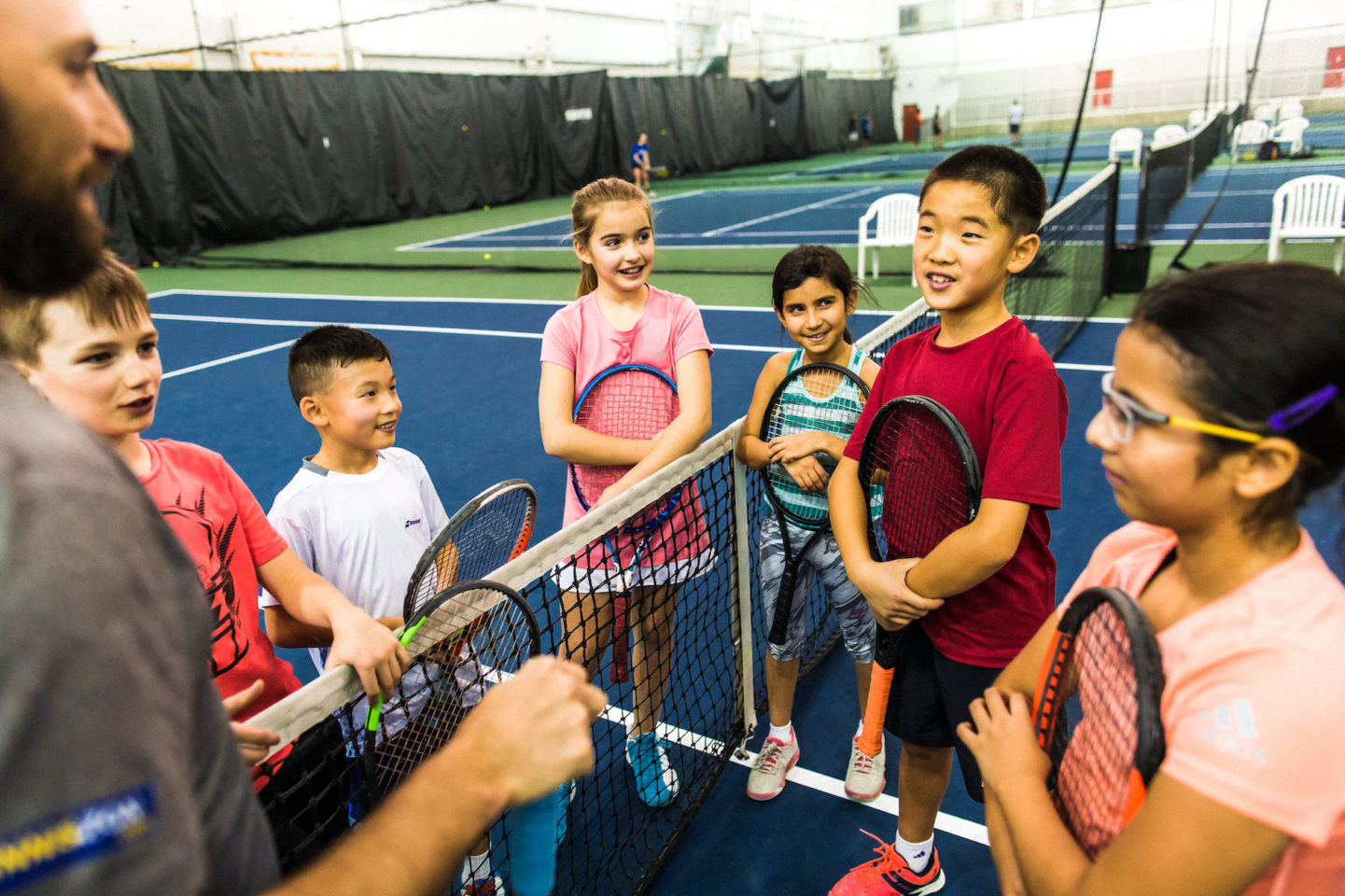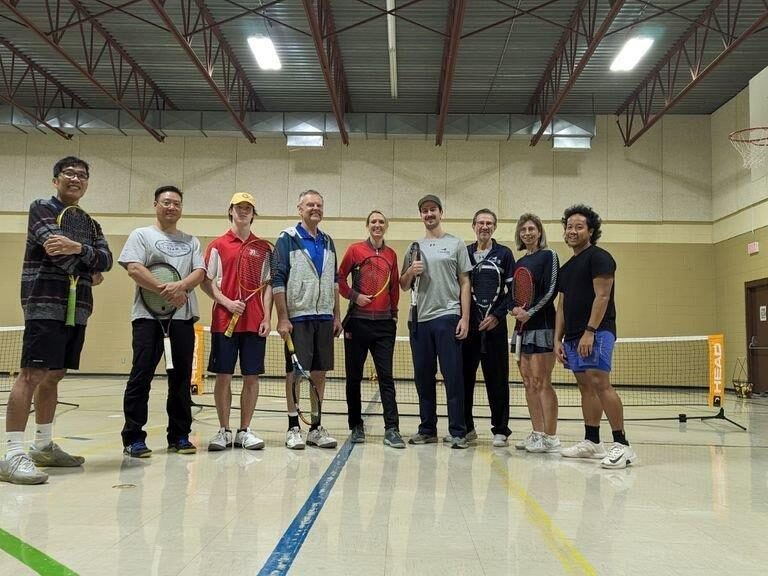
Originally posted on TennisCanada.com
Every dollar donated will be quadrupled thanks to the generosity of Bianca Andreescu, Félix Auger-Aliassime and Anton Rabie.
Rewind back to March.
Tennis in Canada was riding a wave of momentum following a breakout 2019 for Bianca Andreescu and the success of the nation’s Davis Cup team, which reached the final for the first time in its history in Madrid last November. At that point, no one could have predicted the scale of the impact COVID-19 would have on tennis, sport in general and the entire world within a matter of weeks.
For Canadian tennis, the effects of COVID-19 eventually forced the postponement of the 2020 Rogers Cup presented by National Bank tournaments in Toronto and Montreal. As a result of the dramatic loss in revenue from these tournaments, all of Tennis Canada’s plans and programs were brought to a standstill, with the organization set to lose a staggering $17 million in 2020. The Rogers Cup events are the annual driver of Tennis Canada’s sport development funding, accounting for nearly 90% of the annual financial investment in athletes, coaches and supporting the growth of the sport year over year.
This has had a direct impact on the well-trodden path the likes of Andreescu, Félix Auger-Aliassime, Milos Raonic, Eugenie Bouchard and Leylah Annie-Fernandez have taken en route to tennis stardom – inspiring new generations of Canadian tennis fans and players along the way – as well as wheelchair, seniors and grassroots tennis across the board.
Despite the financial pain, Tennis Canada remains committed to leading the growth of tennis in our country and ensuring Canada remains on the path to becoming a world-leading tennis nation. With the help and support of tennis fans across Canada, we will take back the advantage, rebuild our high-performance programs and the nation’s hopes and dreams for continued success on the world stage.
We’ll rebuild a #TennisNation.
Make your donation now and have it matched dollar for dollar by Canadian tennis stars Andreescu and Auger-Aliassime, as well as Co-CEO of Spin Master, Anton Rabie, up to $50,000 each, meaning your donation is effectively quadrupled. This is the second year in a row that Andreescu and Auger-Aliassime have invested back into Canadian tennis following their involvement in the #WhatItTakes campaign in 2019.

“Canadian tennis has experienced great success in recent years, but unfortunately 2020 has been a difficult one for all players, from the professional level to grassroots,” Andreescu said. “I have no doubt tennis in Canada will rebound and the country will continue to establish itself as an inspiring tennis nation. I feel that giving back to my sport via this campaign is the right thing to do in order for the next crop of promising players to succeed. I have received a lot of support on my tennis journey, and they deserve the same.”
“It is so important to me that I am able to give in support of this campaign,” Auger-Aliassime added. “This year has meant hardship for a lot of people, so it’s a priority for me to support young tennis players so that they can meet their potential. I hope lots of Canadians will join us and do the same. I’m grateful that I am in a position to contribute so that young tennis players across Canada are able to access the same opportunities as I did, despite the financial effects of the pandemic.”
In order to comprehend how valuable your support can be, it’s important to first understand the drastic consequences COVID-19 has had on Canadian tennis from the ground up – fewer coaches, tournaments and reduced opportunities for up-and-coming players.
Alan Mackin runs the Regional Training Centre (RTC) and National Junior Training Program for Ontario. His coaching staff of three full-time coaches, two fitness coaches and sport scientists has been reduced to just one full time coach – himself – as well as some part time contractors.
In parallel, his pool of talented young tennis players, the next generation of potential Canadian stars, has shrunk from 35 to just eight.
“We’ve had players in the program for a couple of years and, out of no fault of their own or ours, we’re just unable to continue to offer them a position to train here,” Mackin said. “It’s disappointing because a lot of hard work has gone into building up the relationship with those players, their private coaches and families. Tennis Canada has done a really good job to adapt and find the resources to continue these programs. But their scope would be even greater if we had more resources.”
Why this really matters to the long-term success of Canadian tennis is that – ultimately – it’s a numbers game.
“It’s very hard to predict at this age which kids are going to make a breakthrough and become the next Bianca and Félix,” Alan continued. “No one has a crystal ball. The more players you have in the system that are working hard and are really benefitting from the right guidance, the greater likelihood you have of producing success going forwards.”
The 2019 Rogers Cup and US Open champion Andreescu is a prime example of the system’s success. Having graduated from the RTC in Toronto as a youngster, she then received support from the National Tennis Centre (NTC), where she worked with some of the best coaches Canada has to offer, honed her skills and developed into a player ready for the pro tour.
The current NTC class is one of the very brightest yet. It includes half a dozen girls and three boys, all with promising futures ahead.
“They’re still quite young but we’re excited,” commented Andre Labelle, Alan’s counterpart in Quebec and a former coach of Andreescu’s based at the NTC. “They are very committed and serious, ambitious and they are training incredibly well together.”
But, despite its best efforts to keep a strong foundation in place, it remains a tough task for the federation to ensure the NTC program continues to operate at such a high level.
“The reality is that the serious shortfall in the resources necessary to fund a world-class, High-Performance program could extend for the next five years, if not longer,” Michael Downey, CEO of Tennis Canada, said. “Canada’s younger generation of athletes could be deprived of the necessary support to exceed their expectations and develop into future champions on the world stage, inspiring the next generation in the process.”
It’s not just the High-Performance pipeline that’s been affected by the pandemic, however – it’s tennis everywhere, from seniors, wheelchair, grassroots and local clubs to provincial associations and the wider competitive structure.
In fact, the cancellation and/or reduced funding of Tennis Canada’s programs over the last few months has directly impacted thousands of tennis players across the country. That includes underserved communities like Jane and Finch in Toronto as well as the provincial tennis associations across the country and organized events such as the Canadian University Championships, Rogers Rookie Tour, Rogers Community Team Tennis and Future Stars.
And, while our players were unable to compete on the road due to travel restrictions, they weren’t even able to take part in tournaments on home soil. In fact, Tennis Canada had to postpone and cancel over 58 local tournaments, which impacted players at all levels. These events are typically where our players gain important ranking points and valuable experience playing at home. But not this year.
Your donations will go directly into ensuring tournaments and programs like these – from the NTC in Montreal to grassroots kids’ initiatives – are viable and sustainable for the future.
Your donations will help us rebuild a #TennisNation.
Click here to make your donation to the (Re)build a #TennisNation campaign now.








